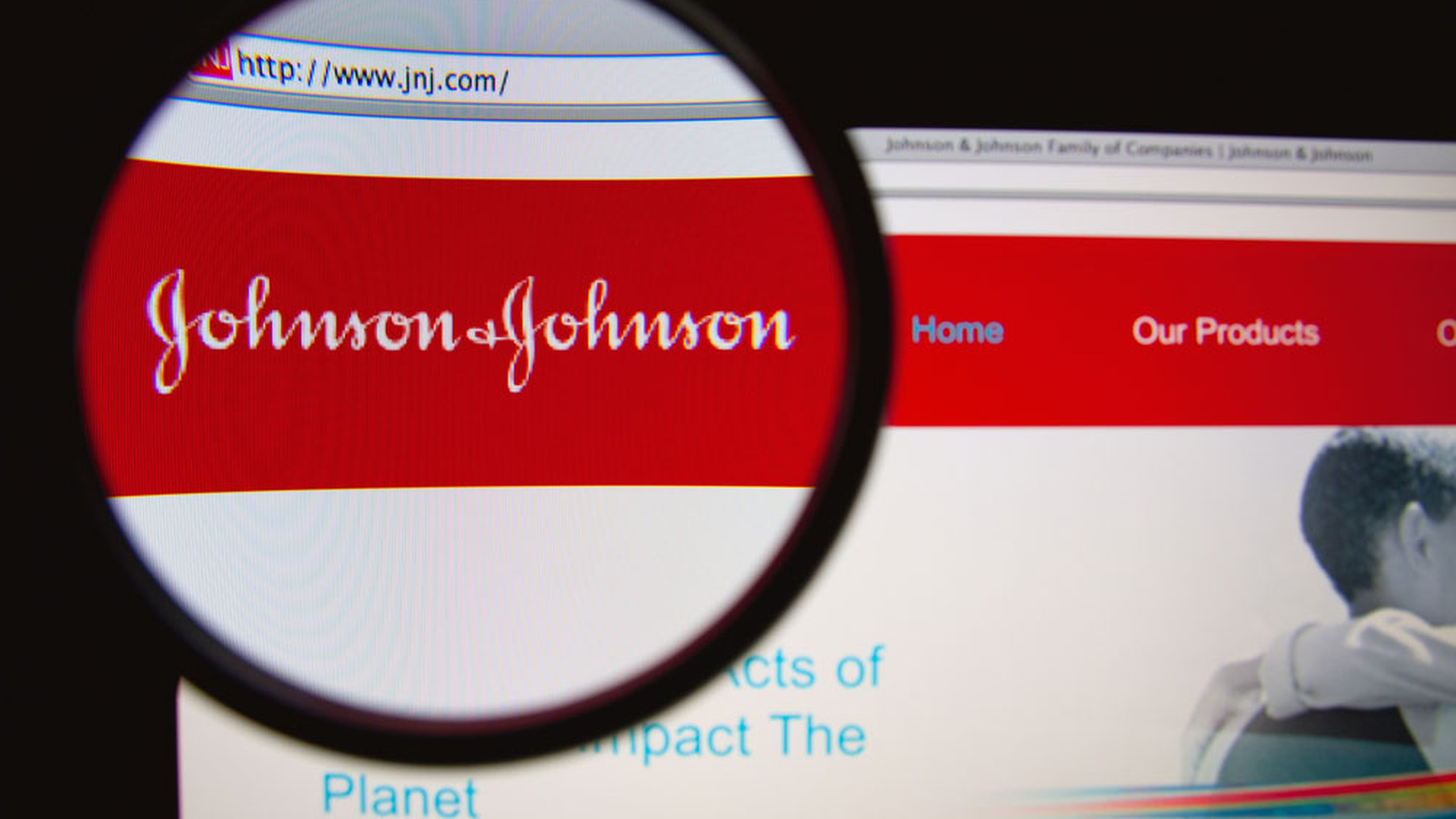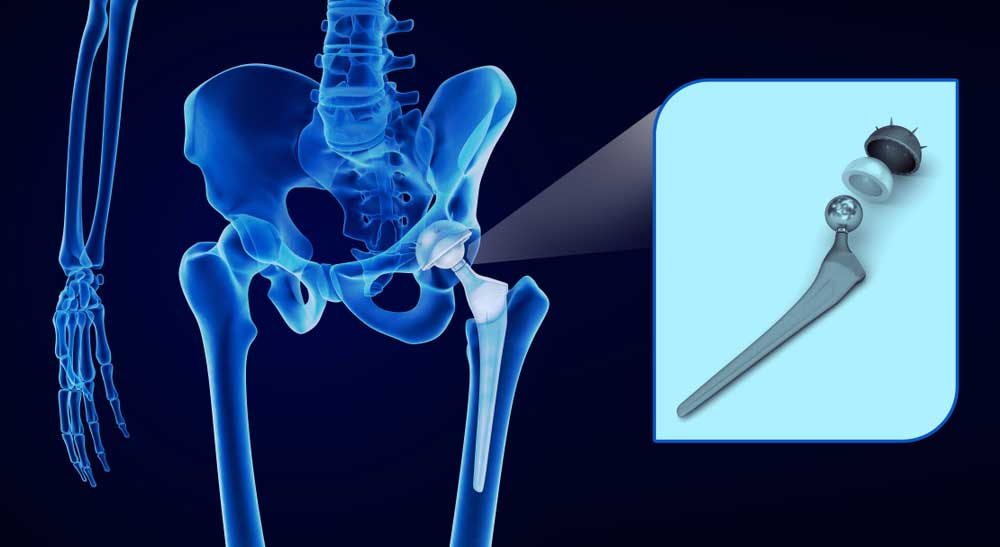Patients in India who had received faulty hip implants recalled by Johnson & Johnson on Wednesday asked a government panel to raise the proposed compensation taking into account their unique circumstances and the full range of harms caused to them.
The Hip Implant Patients Support Group (HIPS), comprising affected patients and family members of recipients of the hip implants, has told the panel that the government must understand “the full extent of damage done by the hip implants” to patients.
“This was the first-ever opportunity that patients have had to share their experiences with the government,” said Malini Aisola, a coordinator with the All India Drug Action Network, a patients’ rights group that has aligned itself with the HIPS.
Nearly 40 patients or their family members met — on invitation — the members of the panel established by the Union health ministry last year to determine compensation amounts for implant recipients.
The Union health ministry’s panel had last year announced a compensation formula under which the implant recipients who had revision surgeries would receive amounts ranging from Rs 30 lakh to Rs 1.24 crore, depending on the age at surgery and the degree of disability.
About 4,700 patients in India had between July 2004 and August 2010 received the implants made by a J&J subsidiary. The company had withdrawn the implants worldwide in August 2010 amid growing concerns that they were associated with unacceptably high rates of revision surgeries.
Members of the HIPS said the compensation formula proposed by the panel does not take into account the individual circumstances, including deaths of some patients and the extreme disruption to some patients’ lives, caused by the implants.
Jyoti Rani, an implant recipient from Visakhapatnam, for instance, told the panel that she had not been told about the adverse effects of the implants and had suffered a miscarriage some years after receiving the implant.
“The government should understand that physical disability is only one of the serious problems faced by us — the implants have had an impact on our personal lives,” Rani told reporters after the meeting with the panel.
Indrajit Banerjee, a patient from Calcutta who had received a hip implant in November 2006, said no one alerted him about the recall of the implant until September 2018 when he learnt about the health ministry’s probe into the issue from media reports.
“We patients and our family members have all suffered in different ways,” Banerjee said.












